Event Highlights
Day 2 | Trademarks Committee Meeting
November 19, 2024
Conrad Manila – Taft Ballroom 2
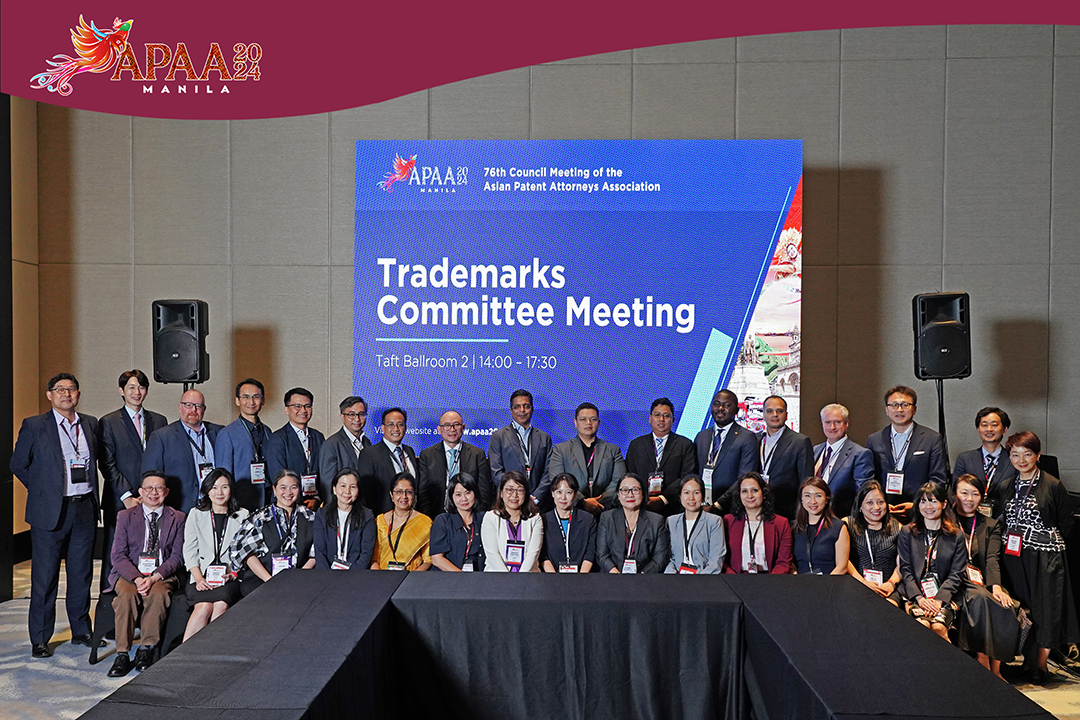
The Trademarks Committee session at our conference delved into the nuances and implications of the Letter of Consent (LOC) system in trademark law. This system, which allows trademark owners to authorize others to use their registered marks—even when similar or identical—requires careful navigation to avoid legal pitfalls and is employed variably across different Asian jurisdictions.
The LOC system benefits parties by allowing the coexistence of similar or identical marks, but it also necessitates stringent scrutiny of the terms and limitations to avert legal disputes. For example, in Indonesia, LOCs are not formally regulated but are generally accepted in practice, whereas in Hong Kong, the consent of the trademark owner is paramount under the law, even for nearly identical marks. Countries like India, Singapore, Malaysia, New Zealand, and Taiwan each have their distinctive approaches to LOCs during trademark examinations and opposition periods.
The discussions also highlighted the crucial nature of clear, jurisdiction-specific trademark agreements, illustrated by several notable cases. In Hong Kong, the “PolohiLL” case demonstrated how visual, aural, and conceptual similarities between two marks could mislead consumers, potentially leading to a passing-off claim. The Delhi High Court in “Lacoste vs. Crocodile International” reinforced the territoriality of trademark law, refusing to apply an international agreement in India and underscoring the necessity for precise legal frameworks and local considerations. Additionally, in New Zealand, where Maori words or imagery are involved, the commissioner directs applicants to consult with relevant Maori interests, advising that obtaining an LOC is essential.
These legal precedents emphasize the importance of acting in good faith and managing trademarks carefully. For instance, the “Manual T. Zulueta v. Cyma Greek Taverna Co.” case in the Philippines highlighted that bad faith or fraudulent trademark applications are excluded from benefiting from the first-to-file rule. Furthermore, in the repeated “Lacoste S.A. v. Crocodile International” case, the court noted that visual distinctions between the marks were sufficient to negate confusion claims, indicating the importance of consumer survey evidence.
The key takeaway from these discussions and case studies is that effective trademark management entails more than just registration; it requires thorough research, clear agreements, and maintaining good faith in all dealings. By adhering to these principles, businesses can protect their intellectual property, prevent legal disputes, and achieve sustained success in the competitive global market.
Photo Gallery






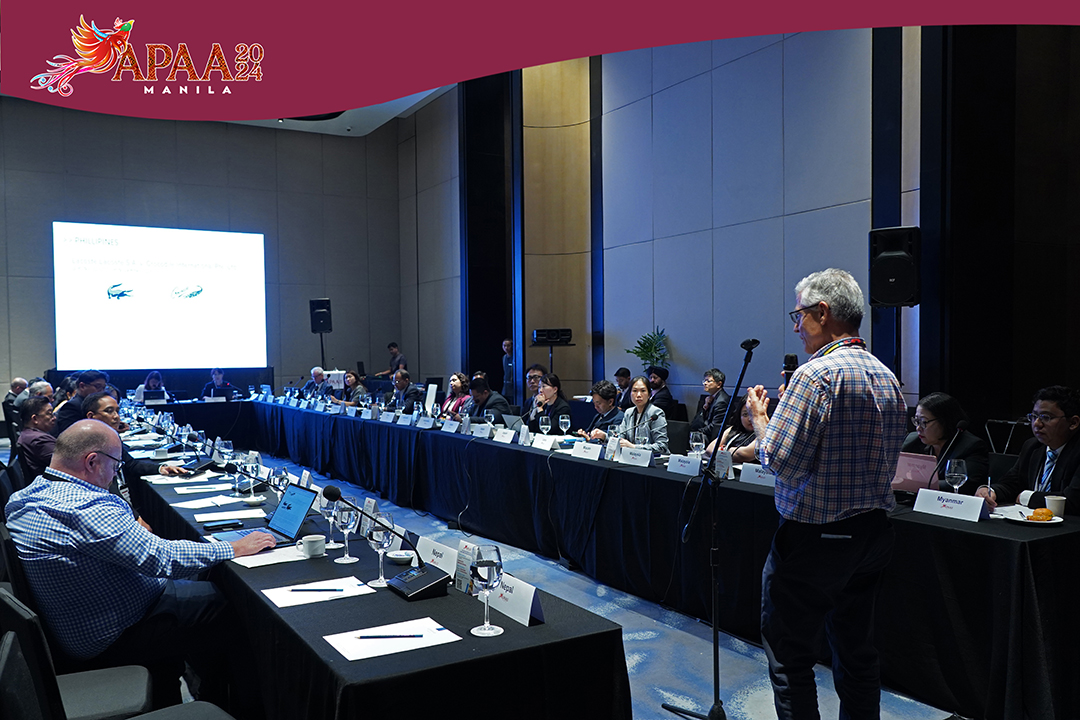

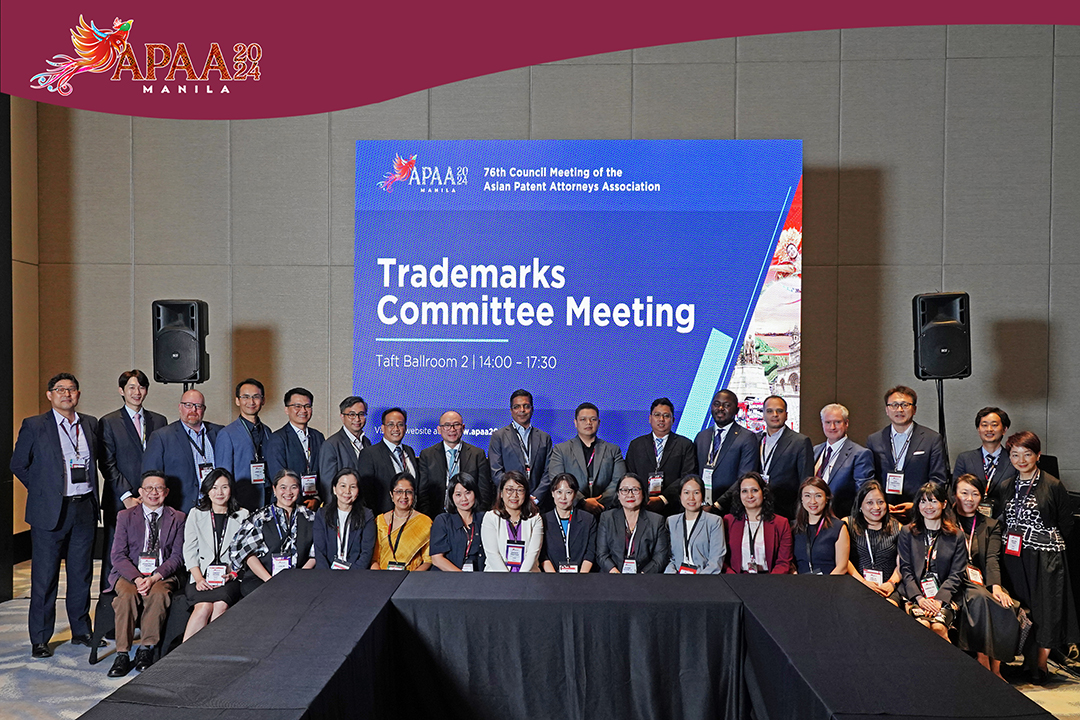
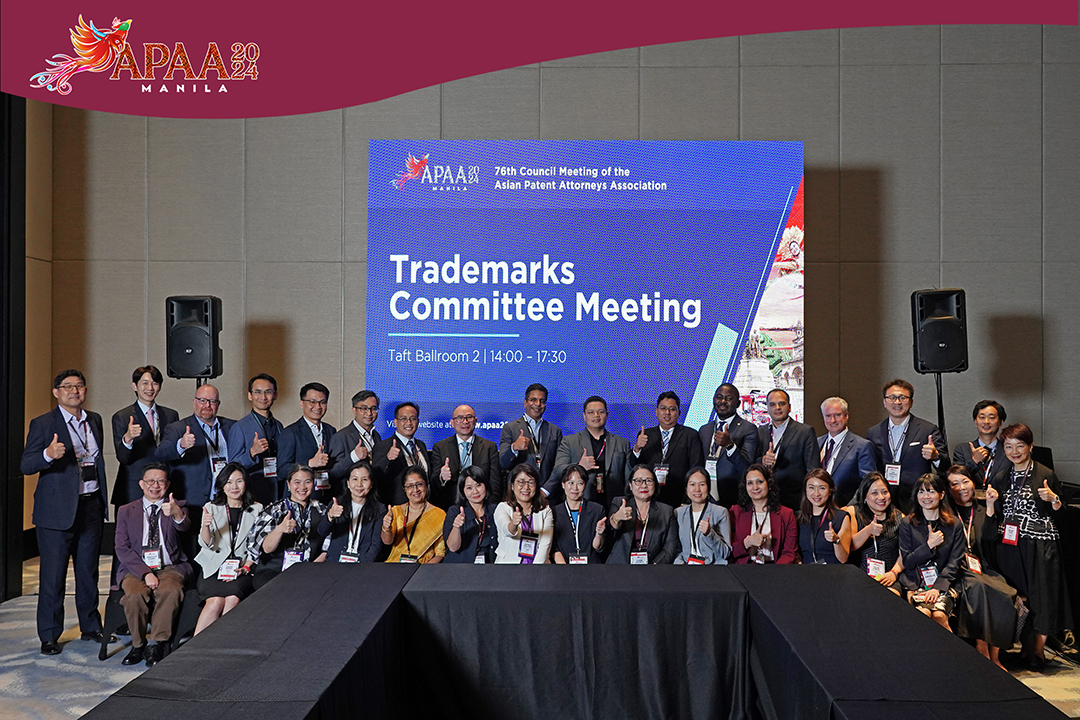
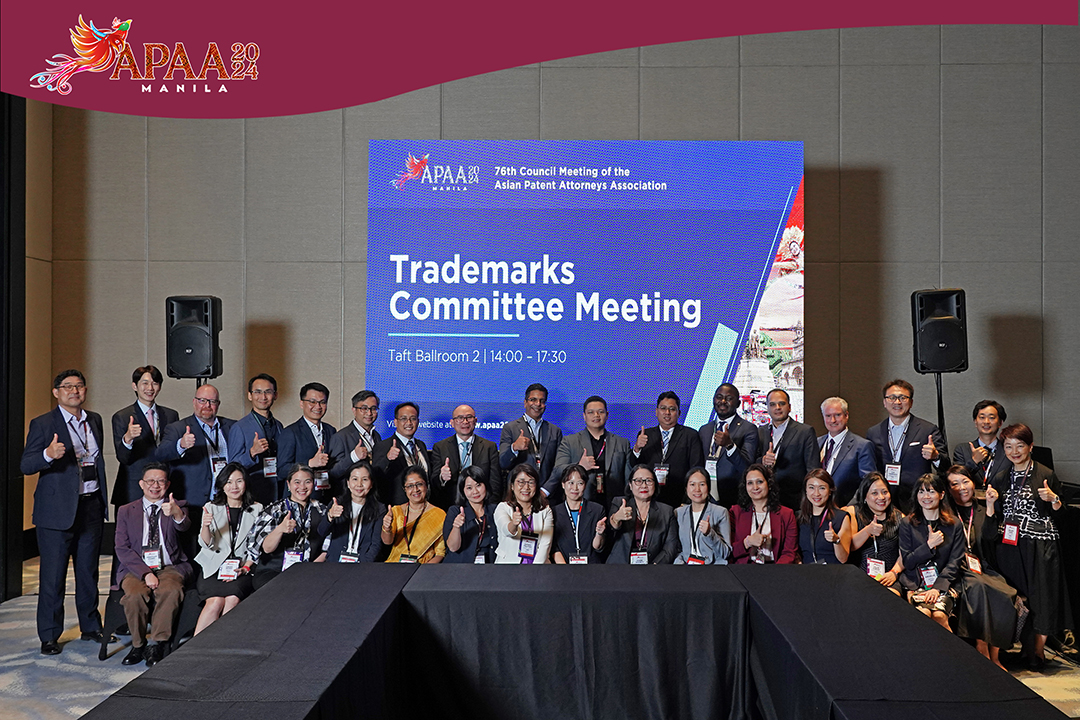
More photos will be available after the event



